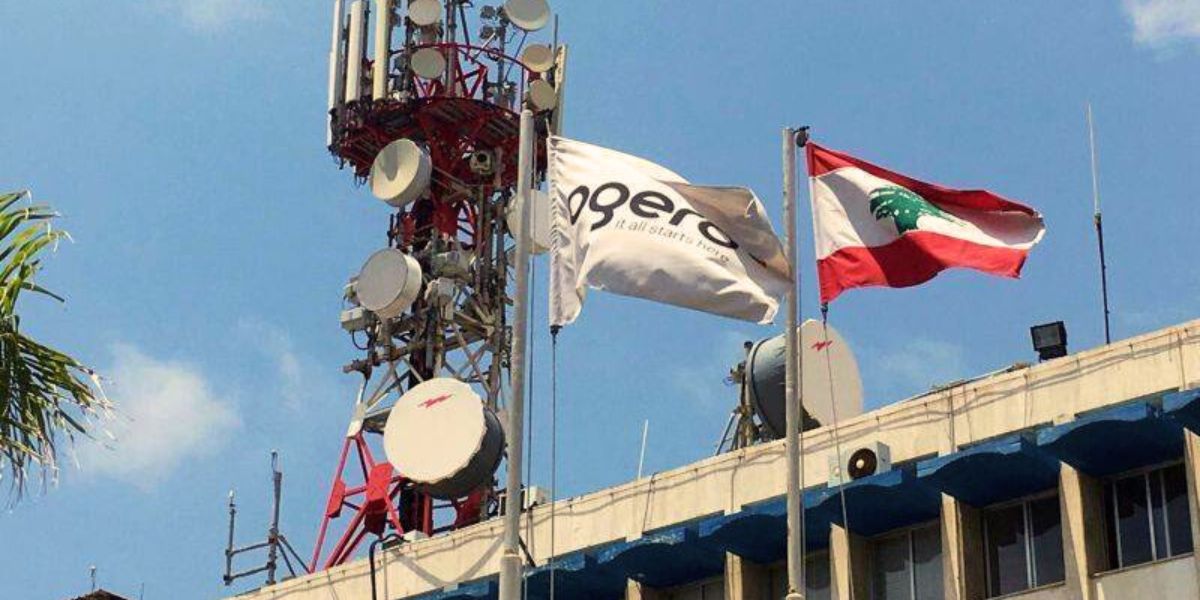Lebanese Prime Minister Hassan Diab signed off on the 2020 state budget on February 3, 2020, and subsequently referred the plan to President Michel Aoun.
Forty-nine members of Parliament voted for the budget, while thirteen voted against it, eight abstained, and some boycotted the session.
Parliament Speaker Nabih Berri signed off on the budget on the same day. The ministers of the Future Movement bloc – of former Prime Minister Saad Hariri – ultimately voted against the budget; despite the fact that this bloc headed the government that had originally drafted this very plan.
Members of Parliament from the Lebanese Forces party and Kataeb Party boycotted the February 3rd session over its alleged unconstitutionality, as the current voting government has yet to attain its vote of confidence from the country’s legislative branch.
They alleged, according to a Middle East Monitor report, that this unconstitutional session is “adopting a budget that was drafted by a fallen government.”
The budget’s statement of seventeen pages was initially passed by the parliament on the 27th of January 2020. That, despite the tireless efforts of anti-government protesters to prevent the session from taking place and prevent members of parliament from convening on this very issue.
The financial “rescue” plan, which was controversially approved by Speaker Nabih Berri on February 3, 2020, provides between three and one hundred-day deadlines to carry out the policy proposals. The plan furthermore forecasts a six percent deficit, plans a $700 million reduction in spending, and intends to maintain public services.
The plan has not been met with too many realistic expectations, according to statements by multiple lawmakers. Ibrahim Kanaan, Chairman of the Finance and Budget Parliamentary Commission, stated that there are concerns the projected revenues from the budget might not be “realistic.”
To the general public, the budget has been met with wide rejection by demonstrators who continue to protest over government failures to address the economic situation.
State-run Electricité du Liban (EDL) reported on January 7th, 2020, that it would continue to reduce hours of electricity without an increase in state subsidies, despite already failing to provide 24 hours of power per day across the country.
Bank account holders are currently restricted to weekly withdrawal limits of $200, with BLOM Bank this week going as far as reducing limits to every 15 days. However, Lebanese banks are now cutting by half the dollar withdrawal limit; most people won’t be able to withdraw more than $600 a month.
According to the International Monetary Fund, Lebanon has a debt-to-GDP ratio of 151%, one of the highest in the world.
The path out of the crisis will likely require a rescue plan and possibly an IMF bailout, although the bailout in question has been met with concerns as well.

















